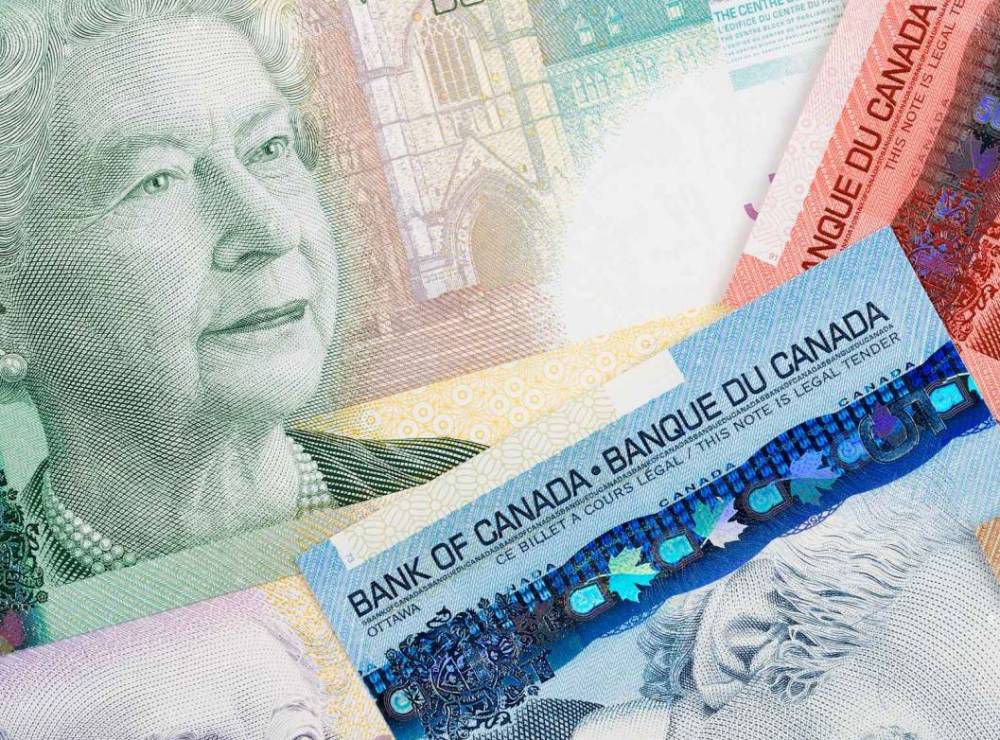St. Louis Fed President Jim Bullard said Thursday the silver lining of the stock market’s correction was it averted an asset bubble.
Despite investor concern about the 2016 market downtown after years of strong returns, Bullard told CNBC’s “Squawk Box” that U.S. equities seem to be better priced at current levels.
“If we had continued to go up at that same pace, that would have been an asset pricing bubble,” he said. “You’re [now] closer to fair value.”
Bullard attributed this year’s market turmoil to traders factoring in all at once projections for four interest rate hikes in 2016.
It was as if the December hike was 125 basis points instead of the actual 25 basis points, he said, citing concern about the Fed’s 17-straight hikes in the 2004 to 2006 tightening cycle.
“Markets got the idea that once the Fed gets going, there’s no stopping it. It’s like a train leaving the station,” he said. “I do worry about this, that we’ve somehow signaled that we’re on a freight train path even though we’re not intending to do that.”
BULLARD SAYS CHANCES NOT HIGH FOR RECESSION
Bullard said he’s not too concerned about a world recession, despite a Citigroup prediction that the odds of a global downturn are rising. “I don’t think the probabilities are particularly high right now,” he said.
In a research note, Citigroup analysts said the risk is rising of a global recession. They defined a global recession as growth below 2 percent, differing from the usual requirement of gross domestic product falling for two consecutive quarters.
“We are at a lower trend growth rate,” Bullard did acknowledge. “The G-7 economies are not growing very fast. And China is slowing down, so you just don’t have as much global growth as you once had.”
BULLARD SEES INFLATION ‘TOO LOW FOR COMFORT’
A voting member this year on the central bank’s policymaking committee, Bullard said in a speech Wednesday evening that he continues to oppose further rate hikes, due to what he called “declining market-based inflation expectations.”
A longtime hawkish member of the Federal Reserve who had pushed for higher rates, Bullard first reversed course in a separate address last week, when he raised a red flag about the lack of price pressures.
Market participants tend to agree with Bullard, with expectations for further rates severely dampened by the financial turmoil of 2016.
Explaining his inflation concerns, Bullard told CNBC Thursday he had thought last year that once oil prices stabilized inflation expectations would increase.
“But then starting in November, we had another leg down in the oil markets,” he said. “This is too low for comfort, and it’s giving me pause.”
“The stories I’m telling about declining inflation expectations being concerning do not have to do with the economy in the tank. I don’t really think so,” he added.
The Fed wants to see core inflation, weak for more than three years, to increase to 2 percent.
Last week, the government said consumer inflation, excluding the volatile food and energy components, increased 0.3 percent in January, the biggest gain since August 2011.
[“source-gsmarena”]







